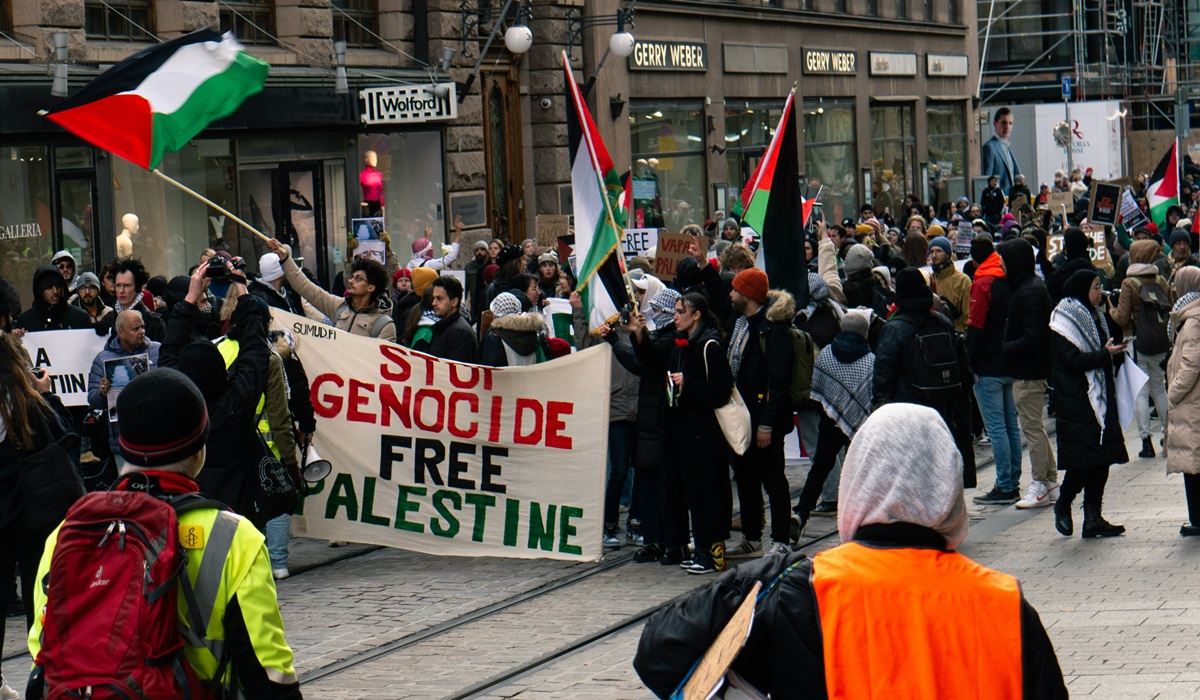In a nine-month coordinated operation, European law enforcement agencies, led by the Spanish National Police and the Hellenic Police, collaborated with Europol to combat the rampant illegal trade in counterfeit apparel, footwear, and accessories. This operation, codenamed “Fake Star,” spanned 17 countries and seized almost 2 million fake items worth an estimated EUR 87 million. The operation’s success sheds light on the growing problem of counterfeit manufacturing and the significant impact it has on legitimate companies across the globe.
The dedicated efforts of national authorities involved in Operation Fake Star encompassed inspections of various locations notorious for selling counterfeit goods. These included commercial and industrial areas, tourist hotspots, warehouses, shops, and online platforms. By targeting ports, pop-up shops, and small e-commerce parcel distribution companies, law enforcement authorities aimed to dismantle the entire counterfeit supply chain.
The operation yielded impressive results, highlighting the magnitude of the counterfeit trade and its detrimental effects on legitimate businesses. Nearly 1.96 million counterfeit clothes, shoes, and garments were seized during the operation, estimated at EUR 87 million. A staggering 258 brands were found to be infringed upon, underscoring the pervasive nature of counterfeit manufacturing across various sectors.
Law enforcement agencies carried out 3,921 inspections, opening 646 judicial cases and 1,311 administrative cases. The dedication of authorities culminated in the arrest of 378 individuals involved in producing, distributing, and selling counterfeit goods.
The seized counterfeits mainly comprised sports and luxury goods intended for sale on the European market. Criminals have increasingly relied on social media networks to advertise their illicit products. By posting images of counterfeit merchandise, primarily clothing and footwear, on business social media pages and profiles, these illicit merchants have exploited the growing e-commerce platforms.
While online platforms have witnessed a surge in counterfeit trade, conventional offline marketplaces continue to pose a significant threat. Therefore, it is crucial for law enforcement agencies to focus on combating both online and offline channels. The counterfeit goods seized during Operation Fake Star predominantly originated from China, Hong Kong, Turkey, and Vietnam. These counterfeits entered the European Union through land and sea routes.
Europol played a vital role in facilitating the exchange of information, providing operational coordination, and offering analytical support during Operation Fake Star. Through its Intellectual Property Crime Coordinated Coalition (IPC3), Europol worked closely with law enforcement agencies to combat intellectual property crime. The project, co-funded by the European Union Intellectual Property Office (EUIPO), aims to tackle the growing threat of counterfeiting.
The participation of several EU member states, including Belgium, Bulgaria, Cyprus, France, Greece, Hungary, Ireland, Italy, Malta, Poland, Portugal, Romania, Slovakia, and Spain, demonstrates the collaborative effort needed to combat counterfeit manufacturing. Third-party countries such as Serbia, Ukraine, and the United Kingdom were also actively involved in the operation.
Operation Fake Star’s successful dismantling of illegal counterfeit networks highlights the pervasive nature of this multibillion-dollar industry. The seizure of almost 2 million counterfeit items, estimated at EUR 87 million, underscores the urgent need for robust global enforcement strategies.
The impact of counterfeit manufacturing extends beyond monetary losses. Legitimate businesses face reputational damage, loss of customer trust, and potential safety risks associated with substandard counterfeit products. Therefore, concerted efforts must continue to combat this illicit trade, both online and offline, to protect consumers, legitimate companies, and the global economy as a whole.









